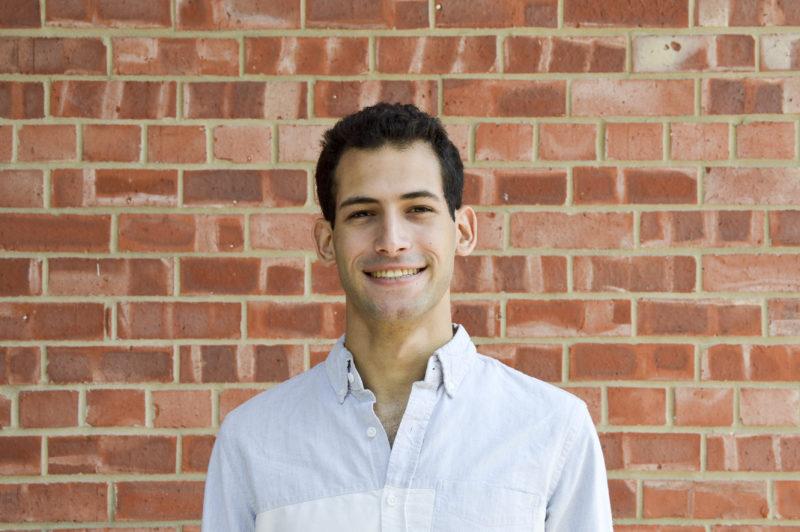In his book “Sapiens: A Brief History of Humankind,” acclaimed Israeli historian Yuval Noah Harari asserts that the agricultural revolution didn’t so much give humans mastery of plants as much as those plants gained mastery over humans. The process of cultivating corn, for example, required continual effort from human workers, while all the corn had to do was grow.
In a certain sense, the current technological revolution has created a similar problem. Consider our omnipresent smartphones. As amazing as they are, they require constant attention to their battery life. That little percentage is the first thing I check before leaving the house in the morning. Throughout the day, it occupies space in my mind.
Alongside battery life, there are app notifications, emails and other tempting microdiversions. The mind habituates itself to these demands and forgets how to focus for long periods. This mental habit is pernicious because it eliminates the ability to get lost in the immediacy of experience.
Immediacy of experience is that strange phenomenon of being so thoroughly absorbed in the moment that all the other stray thoughts and murmurings of the mind are quieted. Like a good night’s sleep, this sensation is something that is easily forgotten until it is experienced again.
I rediscovered this sensation near the end of last semester when I visited the McNay Art Museum and observed one of Monet’s water lily paintings. In the painting, lilies and leaves floating on the water were clearly distinct objects, but at the same time, each aspect of the composition seemed to oscillate from individual component to indiscernible whole. I spent 15 minutes lost in the act of observation, trying to get a sense of the work, and when the friend I was at the museum with got up to move on, I followed her, feeling as if I’d emerged from a dream or reverie.
That’s the power of getting lost in the immediate experience. There are many other areas where that feeling manifests. In the midst of an expertly filmed movie, 100 pages into a book that you haven’t put down since the first page, gazing at a waterfall, engaging in an hours-long conversation with a friend or in the midst of complex abstract math problem. After each of these, your memories are crisp and clear because the brain wasn’t focused on anything else in the process of forming them.
I think that this sense of getting lost in experience is necessary for effective self-reflection. The self isn’t formed through 10-minute bursts of hundreds of tweets or through careful monitoring of a battery percentage. The self is formed by the deep experiences that endure in memory, though we were lost in the moment of their formation.
Without these new, deep experiences each period of self-reflection has only yesterday’s self-reflection to build upon alongside a few more transient, distracted memories. This feels like a reflection caught between two mirrors, where the initial substance is unchangingly reflected back and forth forever to dark oblivion.
As psychiatrist Carl Jung said, “The sole purpose of human existence is to kindle a light in the darkness of mere being.” This light comes from the memories we form after losing ourselves in experience, not from the staccato, sporadic interjections of technological demands for attention.






